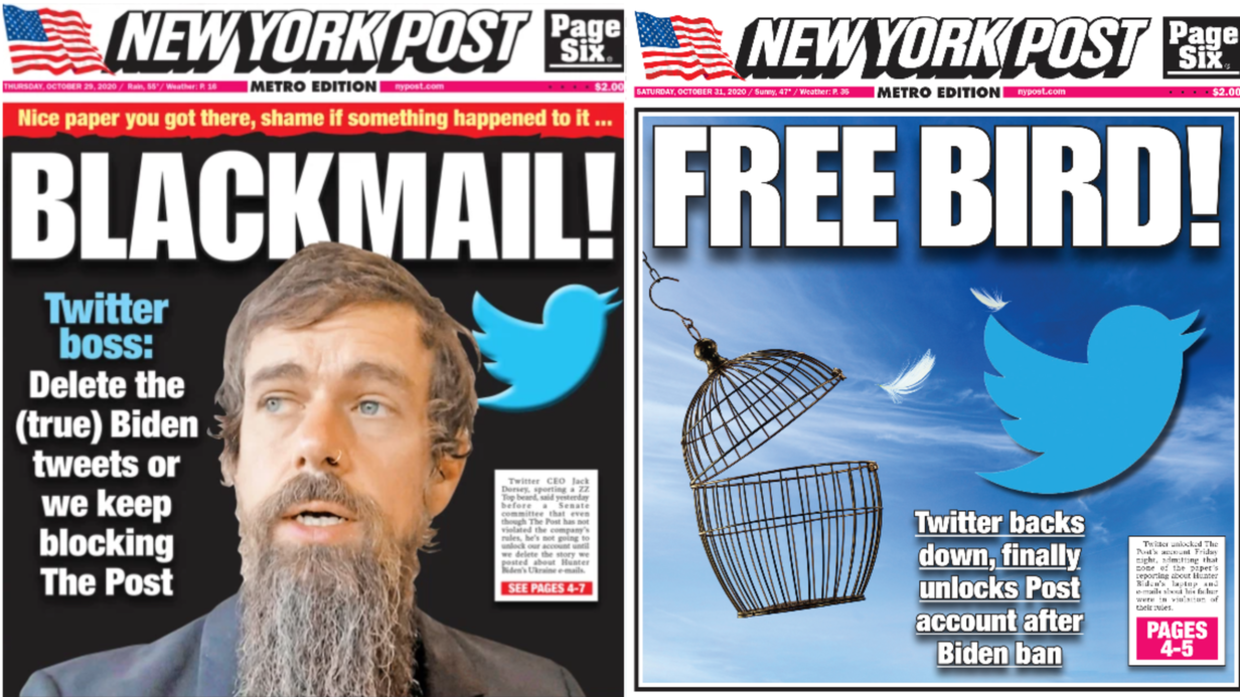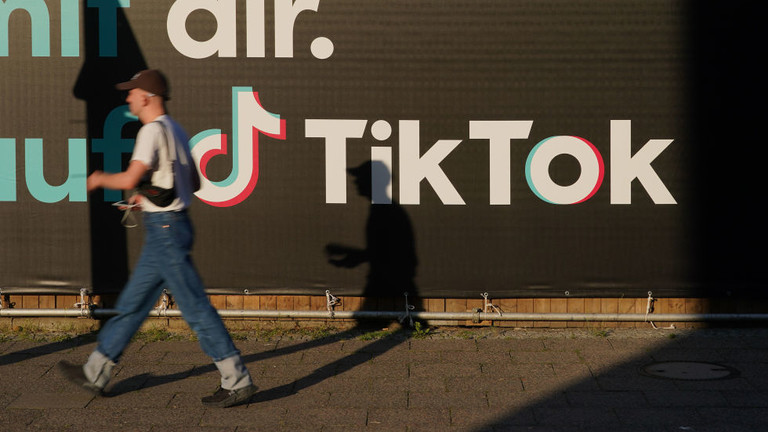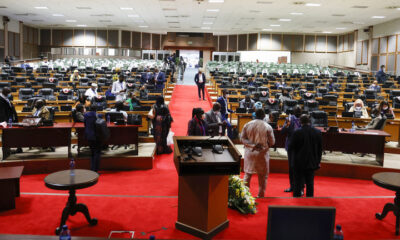Twitter has again altered its “hacked materials” policy, reversing a decision to lock the New York Post out of its account over tweets promoting a controversial report about the business dealings of the Biden family.
The company said on Friday that it would overturn a prior move to lock the Post out of its handle, dropping its demand that the newspaper remove the offending tweet while calling the decision “fair and appropriate.”
“Our policies are living documents. We’re willing to update and adjust them when we encounter new scenarios or receive important feedback from the public,” the company said in a series of tweets. “One such example is the recent change to our Hacked Materials Policy and its impact on accounts like the New York Post.”
This means that because a specific [New York Post] enforcement led us to update the Hacked Materials Policy, we will no longer restrict their account under the terms of the previous policy and they can now Tweet again.
While Twitter had already updated its policies on “hacked materials” and scrapped an outright ban on the Post story – allegedly sourced from Hunter Biden’s laptop – the newspaper remained locked out of its account for some two weeks.
In testimony to the Senate earlier this week, company CEO Jack Dorsey said the Post could have its handle back only after it removed the tweet, even noting it could immediately repost the same article without facing another ban, what the paper condemned as an attempt at “blackmail.”
“Twitter CEO Jack Dorsey sounded like every mob enforcer and shakedown artist in history: Nice paper you got there, New York Post. Shame, should something happen to it,” the Post editorial board wrote in an article this week. “He knows full well media outlets depend on social media, and Google search algorithms, to help readers access our reporting.”
The Post’s op-ed editor Sohrab Ahmari said the paper refused to take down the tweet as a matter of “honor and principle,” arguing that Twitter “had – and still has – zero evidence we used hacked material,” responding to CNN’s Jake Tapper after he suggested it delete the missive as “a way to end this.”
“[Jake Tapper], as a reporter, why don’t you show an iota of solidarity with America’s oldest daily?” Ahmari shot back.
The story that landed the Post in hot water relied on a trove of emails reportedly obtained from a laptop belonging to Hunter Biden, detailing his overseas business ventures in Ukraine and China, among other things. The documents indicate that the elder Biden was more involved in his son’s dealings than he’s let on, previously insisting he “never discussed” business with Hunter.
Hours after the article ran, however, social media platforms leapt into overdrive to blacklist the story, with Twitter barring users from posting it altogether, or even sending it in direct messages, while a Facebook rep freely admitted the platform would work to limit the article’s distribution in news feeds. While former business associates of the Bidens have since corroborated some of the email exchanges as genuine, major news organizations continue to label the report as “disinformation,” some going as far as to declare it a Russian psy-op to discredit the Democratic nominee.
Despite efforts to ignore the story in the corporate press, the report has sent a wave of controversy through the media world, with the Intercept’s Glenn Greenwald announcing his resignation from the outlet he helped create on Thursday, saying editors tried to quash a column about the Biden emails.
“The same trends of repression, censorship and ideological homogeneity plaguing the national press generally have engulfed the media outlet I co-founded, culminating in censorship of my own articles,” he said, adding that editors declined to publish his op-ed “unless I [removed] all sections critical of Joe Biden.”
Think your friends would be interested? Share this story!





 FINANCE12 months ago
FINANCE12 months ago
 LIFE12 months ago
LIFE12 months ago
 NEWS12 months ago
NEWS12 months ago
 FINANCE12 months ago
FINANCE12 months ago
 FINANCE12 months ago
FINANCE12 months ago
 WAR12 months ago
WAR12 months ago
 NEWS12 months ago
NEWS12 months ago
 NEWS12 months ago
NEWS12 months ago


















































